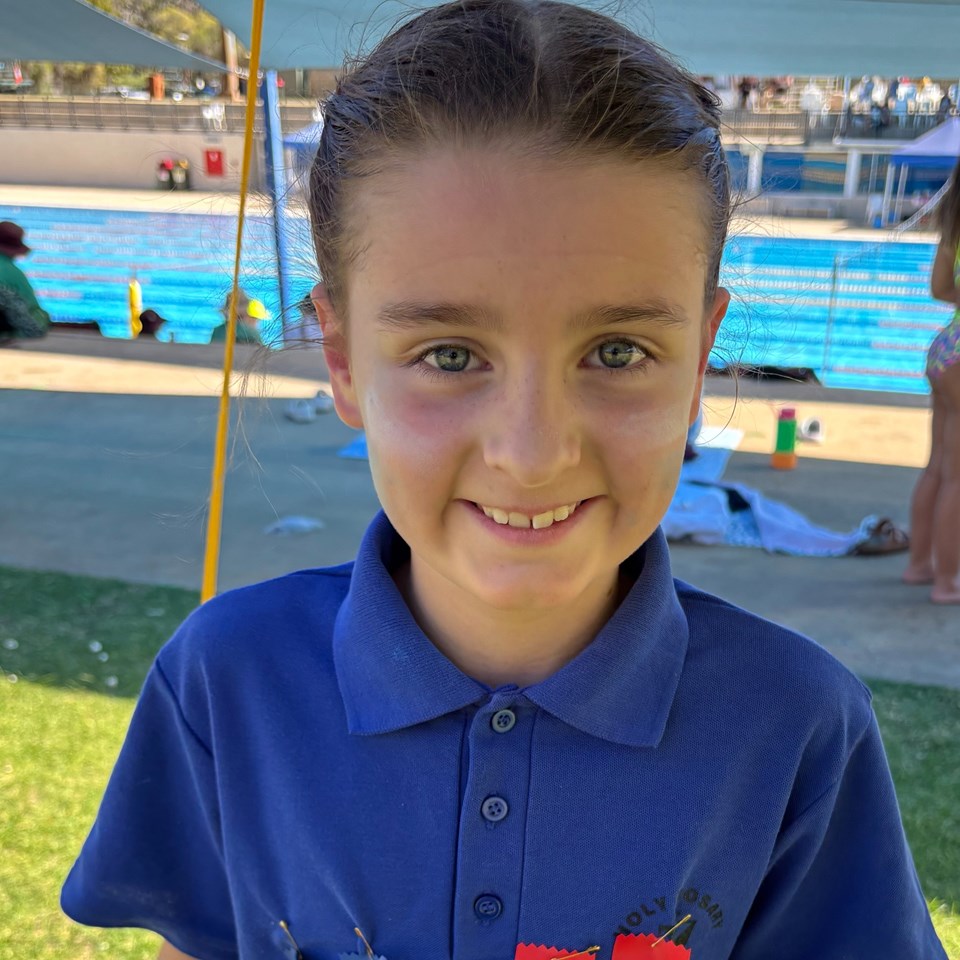Matilda marking milestones against the odds
By Melanie
 |
 |
Our daughter Matilda came into the world perfect—healthy, with a strong APGAR score, and everything as it should be. But within 24 hours, I knew something wasn’t right. While holding her, I noticed Matilda making small, repetitive jerking movements, almost like hiccups. At first, I didn’t think much of it, but when it happened again later that night, I asked my husband to pass me my phone so I could record it.
The next day, the movements continued intermittently. The nurses reassured me it was typical newborn behaviour. Still, I felt uneasy. Later that day, one of the more experienced midwives visited, and I asked if I could show her the video. She watched it and immediately called a doctor.
I knew something was wrong, but nothing could have prepared us for what came next. Suddenly, Matilda was being rushed by neonatal ambulance to Perth Children’s Hospital. She spent about a week in the NICU while the doctors ran test after test. There were long stretches where we couldn’t even hold her.
I remember arriving at the hospital one morning and being called into the doctor’s office. He showed us a scan of Matilda’s brain and explained that what we had witnessed were seizures. Matilda had suffered a stroke.
I didn't hear much after that. It felt like the air had been sucked out of the room. I had never heard of any young person having a stroke, let alone a baby.
Eventually, we were allowed to bring her home. It was such a relief, but the future felt uncertain. We were told the stroke had affected the motor area of her brain. They said she might walk—and if she did, she might never run properly or take part in sports days at school.
It was a frightening time. There wasn’t much information available about childhood stroke back then, and we felt alone. I watched Matilda closely for the first two years of her life, waiting anxiously for her to reach every milestone. She did eventually meet them— later than most, but she got there. We did lots of therapy to help her use her right side, and over time, she improved. I remember thinking, “We did it.” She was walking, she was active, and she was happy.
Then came Kindergarten. Her teacher shared concerns about Matilda’s working memory. Now in Year 4, Matilda still needs extra support with her learning—but unless you knew her story, you’d never guess what she’s been through.
She is bright and beautiful—now nine years old—and she’s kicking goals. She runs and swims in school carnivals, and it’s such a joy to watch her. Her dad and I are filled with pride (and a few tears).
Today, I find solace in knowing that communities like Little Stroke Warriors exist. It's comforting to know we’re not alone—there are other families walking this path, advocating for their children. It’s a welcoming space where we can ask questions, share experiences, or just connect with other families. Most importantly, it's a place where we are understood.
